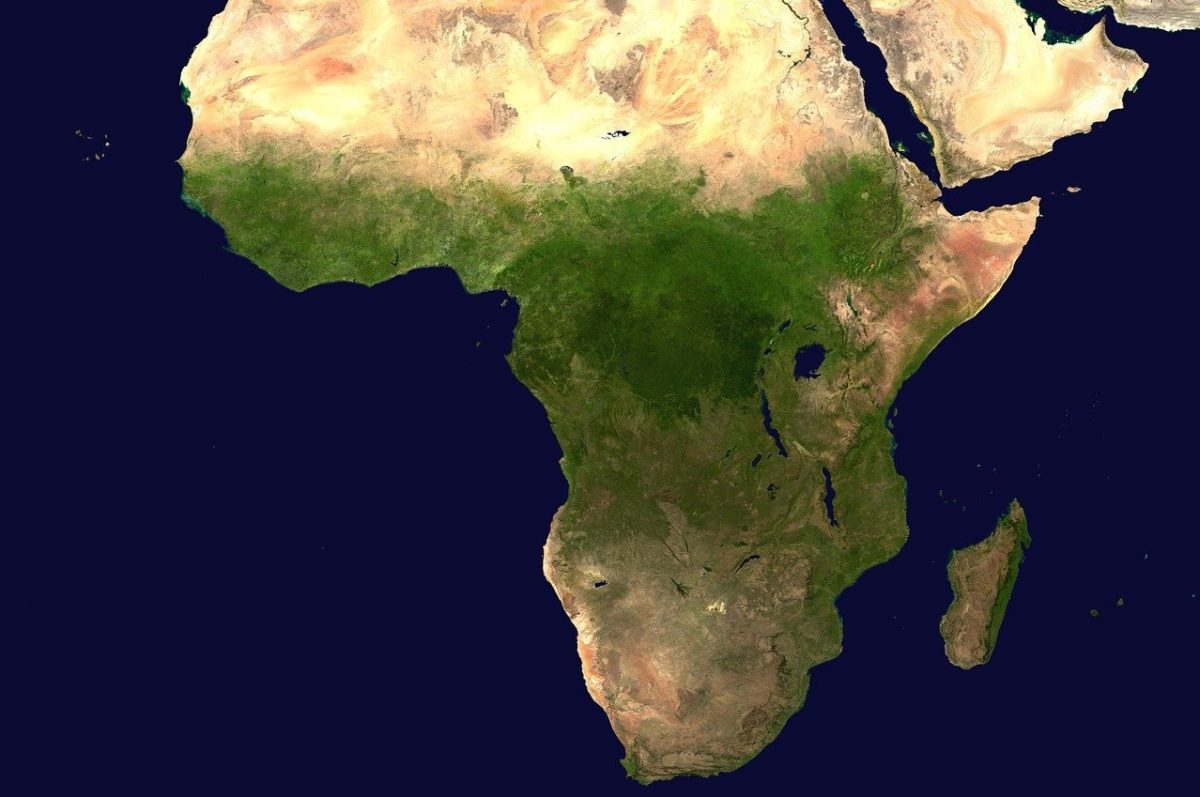RES4Africa’s flagship publication for 2020 sees independent power producers (IPPs) as forming the key to exporting the EU’s post-Covid green recovery credo to Africa.
Founding members of The Renewable Energy Solutions for Africa (RES4Africa) foundation include the London-based accountancy pwc, the Italian grid operator Terna, the compatriot bank Intesa Sanpaolo, Enel Green Power, as well as the wind turbine manufacturer Siemens Gamesa.
In essence, the 171-page document Scaling up Africa’s renewable power pledges to consolidate the myriad funding options offered in Africa by the EU and the development banks of its member states, as well as to extend efforts to de-risk clean energy investment through the whole life of the renewable energy project, rather than just at the initial, funding stage.
Solutions
At the heart of the renewAfrica initiative is a cooperative model including key stakeholders involved in renewable energy projects. These include the local community, utilities, government and public institutions, project developers and lenders and development finance institutions (DFIs). The initiative also calls for a “one-stop-shop” to cover all project phases from project preparation, project documents and bid preparation, tender process, awarding, to final agreements and construction and O & M. The report also advocates renewable energy resource mapping and standardization of legal documents and power purchase agreements to further de-risk and streamline the investment process. The initiative aims to have “a proposed architecture for a fully-fledged one-stop-shop program by the end of 2020”, which will include the identification of “interested pilot countries” to test the program.
The organization intends to break the investor risk barrier through the renewAfrica initiative and in its July 15th press release provides the following insightful statement by Vera Songwe, Under-Secretary General of the United Nations and Executive Secretary of the UN Economic Commission for Africa (UNECA): “Against a background of limited fiscal space, particularly in the case of African economies, the role of the private sector becomes a matter of priority for governments, particularly to support African countries achieve sustainable economic growth, in a globalized world that is increasingly threatened by climate extremes and other global uncertainties.”
Limited Success So Far
Popular content
According to the report “only 2% of global renewable generation capacity installed in the past ten years was directed to Africa”, amounting to a paltry 2 GW of renewable energy generation capacity installed in Africa so far. While DFIs like the World Bank have played a critical role in kick-starting renewable energy deployments in the continent, for example with the IFC’s Scaling Solar program, these institutions can only act as enablers, but not as the main source of funding to implement the energy transition in Africa.
Opportunity
The required investment (and opportunity) is a massive one: Universal electric access will require $120 billion of annual investment up to 2040; 170 GW of renewables capacity could be installed by 2030; off-grid renewables will offer a further $16.3 billion market over the next 20 years.
The goals of combining the bewildering array of European funding programs for Africa into a one-stop-shop, and of trying to encourage a friendlier investment environment in the continent are laudable. The proof will be in the pudding: to what extent will these measures de-risk renewable energy projects in Africa and thereby unlock the private investment so urgently needed?
This article was amended on 27/07/2020 to provide further details on the RES4Africa publication “Scaling Up Africa’s Renewable Power”.
Green finance
pv magazine is diving deep into the topic of green finance and what it means for solar industry players as part of our UP initiative. Topics include the European Green Deal, regional growth opportunities, green bonds and the role of the carbon bubble. Stay tuned and get involved by emailing up@pv-magazine.com
This content is protected by copyright and may not be reused. If you want to cooperate with us and would like to reuse some of our content, please contact: editors@pv-magazine.com.


1 comment
By submitting this form you agree to pv magazine using your data for the purposes of publishing your comment.
Your personal data will only be disclosed or otherwise transmitted to third parties for the purposes of spam filtering or if this is necessary for technical maintenance of the website. Any other transfer to third parties will not take place unless this is justified on the basis of applicable data protection regulations or if pv magazine is legally obliged to do so.
You may revoke this consent at any time with effect for the future, in which case your personal data will be deleted immediately. Otherwise, your data will be deleted if pv magazine has processed your request or the purpose of data storage is fulfilled.
Further information on data privacy can be found in our Data Protection Policy.